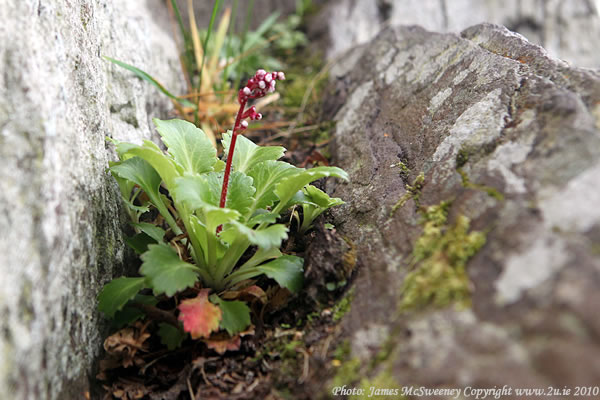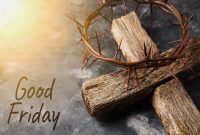Photo was taken at Cappanalea, Co.Kerry (Irl)
A flower thrives on the edge of a cliff. Despite walls of cliff face all around this flower found its own niche and decided that this spot was as good as anywhere else. Nature abounds possibility and life.
Thought on Sunday – June – 13/06/2010
The following reflection is by Fr.Tom Cahill
A gribble is a sea worm, 1-4 mm long, and a pest. The scourge of seafarers, gribbles bore into ships’ planks and wreck them. Digesting their cellulose, they cause much destruction to marine timber structures such as jetties and piers. But, they’re peerless when it comes to recycling driftwood. Researchers have found that the enzymes gribbles use to break down woody cellulose and turn it into energy-rich sugars could convert wood and straw to liquid biofuel. So today’s pest may become tomorrow’s pet. By doing a-what-comes-naturally they help the environment.
The woman in today’s Gospel reading is also doing-a-what-comes-naturally (Luke 7:36-8:3). While it seems outrageous to the Pharisee that Jesus should be at ease with a woman of her type touching him, it really is a case of both her and Jesus doing a-what-comes-naturally: she, a sinner approaching him for forgiveness, and he, the Saviour, accepting the sinner graciously. The only one feeling discomfort is the Pharisee on the sideline. Despite any appearance to the contrary that can prove an uncomfortable place to be, at least for Christians, the self-righteous and hypocrites.
Jesus is open to all people, particularly those to whom society is closed. But he’s more than open. He doesn’t wait in the wings for them to approach him. He seeks them out and brings them centre stage. Just as researchers have discovered that the grubby little gribble has something worthwhile to offer society, so too do we discover that those whom society considers grubby have much to offer when we regard them as Jesus does.




